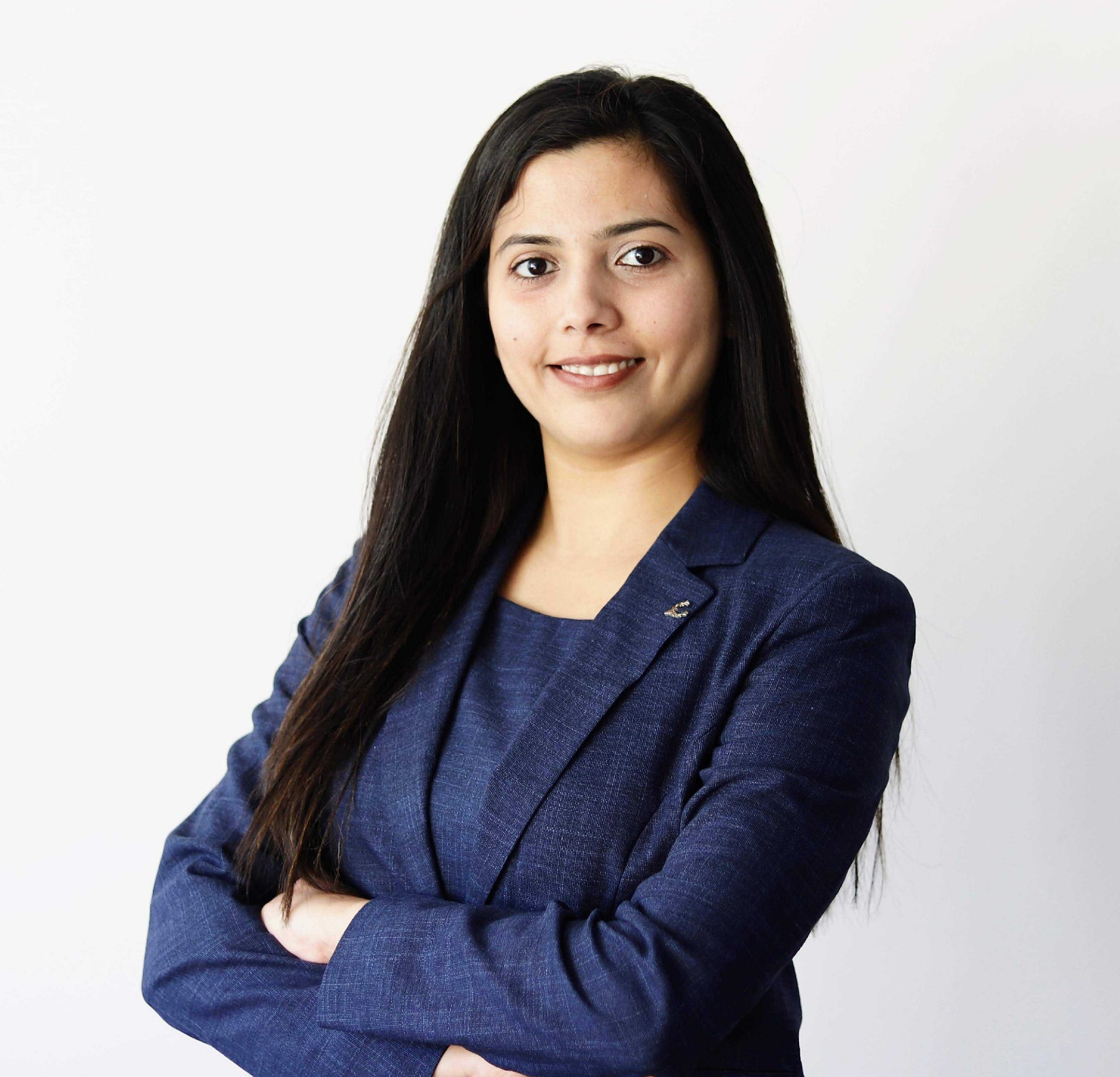Working life
Can you share a bit about your role?
Generally at Schuberg Philis, every engineer gets that same title, but within the Mission Critical Engineer category, they have own expertise or specialization. For me, it’s being a cloud DevOps engineer. I started this role two years back, but when I joined Schuberg Philis four and a half years ago, it was in another role, of testing quality assurance of the product. But at Schuberg Philis, we get freedom to choose what we want to do, and my desire for career growth led me to other interests. Usually in a traditional company, you don’t have that much choice, or you’re too focused on meeting tight deadlines and following procedures. Of course we do both here too, but we also get to think about where we want to grow, in which field we want be down the line. That’s the liberty I get from Schuberg Philis. So I discussed changing roles with my team, and they agreed. Then I received some training from colleagues, and finally settled into what I’m doing now.
What’s a typical day like?
My work is on customer migration to the Azure cloud. That means supporting the customer in their every request and keeping their environment in control through monitoring and alerting. I work on technical things like coding, creating pipelines, and figuring out how we can migrate components in an automated fashion. Another part of my role as a DevOps engineer is to take care of the security of the environment through 24-hour monitoring. Of course there is rotation among us, but still, it’s my responsibility. For incidents, we have to respond very quickly: inform the customer, go into action, and complete procedures to fix the environment very fast. Should something break down in the middle of the night, we have pager rotation seven days a week. Every engineer has a duty to be on call.
Company culture
Getting support from peers within a team is something Schuberg Philis emphasizes. What else impacts how a team works in your experience?
Culture makes a lot of difference. It’s also useful in your day-to-day communication with your team. Before my current customer team, I used to work in a big team of 20 people, with four different cultures. It could be pretty confusing to communicate because, for example, when asking Indian people a question, they will not say “No,” or they will not give direct answers; instead, they will try to adjust to the other person’s wishes and make things work . But if you ask Dutch people, they will say: “No, I cannot do that.” We had a Russian colleague who was also very straightforward. As for the Portuguese colleagues, they were very polite and liked to speak a lot in the team. So understanding these kinds of cultural differences was a challenge in the beginning.
How did you overcome that challenge?
Our Customer Director Operations and Customer Director Sales decided to work out the team dynamics and prevent miscommunication by having a cultural workshop led by a third party. In the workshop, we learned about how people’s culture influences their behavior, not necessarily because it’s their nature. Culture also plays an important part in facing deadlines and working together because your communication impacts your work. After the workshop, the team sat together in a room and we talked about really personal things face-to-face for two hours. After that we were like, “Let’s grab a coffee and discuss,” so we had person-to-person coffees. It took time to solve the team dynamics step by step, but then things were better.
Among all the different national cultures, would you say there is a particular organizational culture that encourages colleagues to have these intimate talks?
Yes, I would say so because, in comparison, where I worked before, there wasn’t worry about team dynamics. At Schuberg Philis, I think we really value people. We value teams, regularly asking one another: “How are you doing, team?” When we onboard, we have a culture of roundtables, during which the perspective of the new hire is taken in. These confidential conversations are attended by team members, a coach, and the buddy mentioned before . And if I’m facing any struggle at work, I make sure that I’m discussing it with my coach because he’s largely responsible for my career growth and my progress. That makes a lot of difference, and people in my team have the same open mindset of helping me get to where I want to be.
Have you had to respond to an emergency while on pager duty?
Yeah, I’ve gotten pages at 2:30 or 3:00 in the morning sometimes. This means I have to wake up and check what’s going on. It was three to four months after beginning my new role when I started the pager duty, and in the beginning, it was difficult; I was still trying to get knowledge within the role, which was so different from what I did before. At the point, you still don’t know a lot and you don’t even know what you don’t know.
What gave you the confidence to keep going?
It was a combination of guidance and self-learning that made the magic. We have this buddy concept. A buddy is someone from your customer team you are paired with to help you with all technical and customer-related questions . My buddy was a really nice, really experienced person, so I got a lot of guidance from him. He gave me direction, suggesting I look into this or that. And before starting an investigation or the actual work, I would follow courses via the SBP Academy and, less formally, use online learning material. So I could get the theory and the detailed technical details via self-learning and then do the troubleshooting. Of course these small assignments took a lot of time in the beginning, but once you know the concept and the environment, then you get comfortable.
Curious to know more about how more colleagues spend their days? See the whole series here.

